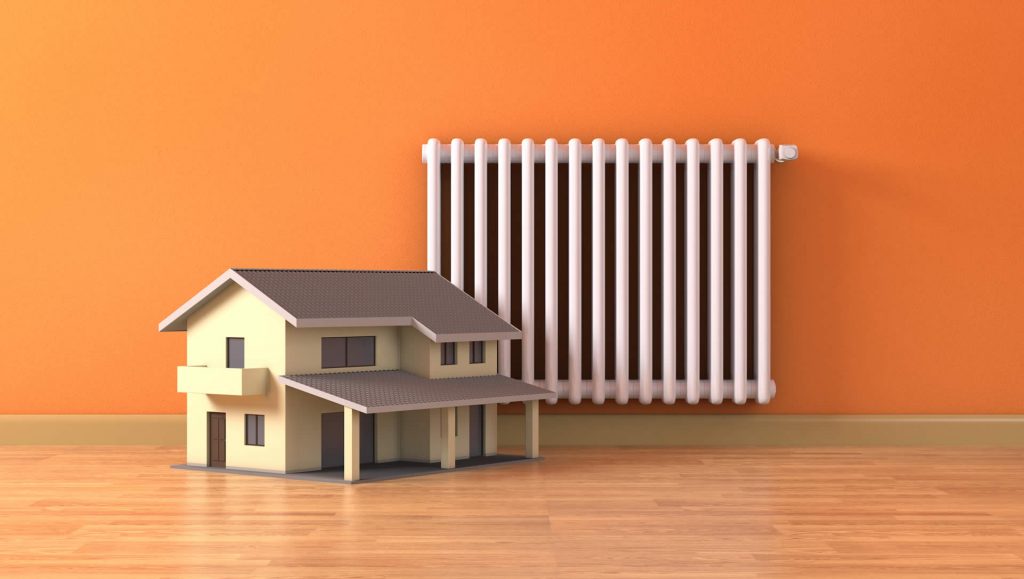Hear the words “Diesel Boiler” and you might be tempted to imagine a noisy, rattling contraption, belching black smoke and soot into the air.
In fact, diesel boilers (sometimes known as oil boilers) are extremely clean, quiet and efficient, making them an excellent choice for home heating when natural gas isn’t available.
Typically they look like a piece of ordinary whiteware, a bit smaller than your average washing machine. They can be installed inside your home (in a laundry or garage) with a short flue to vent outside.
Alternatively, weathertight versions are available that can be installed outdoors on a concrete plinth.
One additional piece of kit that you’ll need if you install a diesel boiler is a fuel tank. This needs to be sited outside on a concrete foundation, and needs to be accessible to a diesel tanker for refuelling. A standard domestic diesel tank would hold 500-1000 litres of fuel, and would normally be refuelled once or twice a year.
Cost-wise, diesel boilers are at the affordable end of the scale, although they’re still two or three times the cost of a gas boiler to install, especially once you factor in the cost of the fuel tank.
However they’re fairly straightforward to plumb so your installer can get them put in quickly.
Running costs are usually around 16 cents per unit, which is cheaper than electricity (around 23 cents per unit) but more expensive than a heat pump system, which might be 8 cents per unit in favourable conditions.
However, a heat pump is less efficient (and more expensive) to operate in cold weather, whereas a diesel boiler will keep running as full output even in the coldest weather.
Diesel boilers are normally the heating source of choice for homes in rural areas, where no gas is available but diesel fuel delivery is fairly reliable. There’s much less chance of running out of fuel with a diesel boiler than with gas bottles.
If you’re building your dream home on a lifestyle block or in an especially cold region, then a diesel boiler will likely be your first choice.
Pros:
Affordable to install
Quiet, low-maintenance and efficient
Doesn’t lose efficiency or output in cold weather
Cons:
Fuel is more expensive than gas or a heat pump
Requires a diesel fuel tank to be installed


